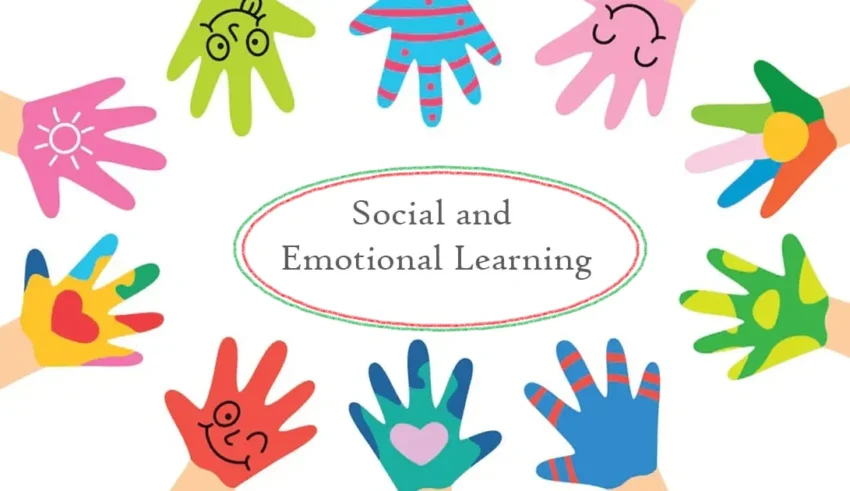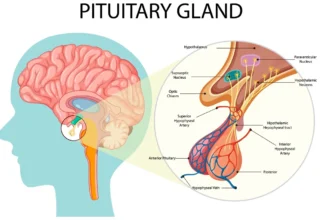
In today’s fast-paced world, education is about more than just academics. While math, science, and reading are essential, schools are realizing that students’ mental health and emotional well-being are equally important. This is where Social-Emotional Learning (SEL) comes in. SEL focuses on helping students understand and manage their emotions, build healthy relationships, and develop skills for success in school and life.
What is Social-Emotional Learning?
Social-Emotional Learning is the process of teaching students how to recognize their emotions, manage them, make responsible decisions, and interact positively with others. Unlike traditional teaching that focuses on academic knowledge alone, SEL emphasizes emotional intelligence and social skills, which are key to long-term success.
Research shows that students who develop social-emotional skills tend to perform better academically, have fewer behavioral issues, and experience better mental health. SEL equips children and teenagers with tools to navigate challenges, handle stress, and work effectively with others.
The Five Core Competencies of SEL
Experts at the Collaborative for Academic, Social, and Emotional Learning (CASEL) identify five core areas of SEL:
- Self-Awareness – This is about understanding your own emotions, strengths, and weaknesses. Students learn to reflect on how their feelings influence their behavior and decisions.
- Self-Management – Students develop skills to manage their emotions, control impulses, and set goals. Self-management helps students cope with stress and stay focused on their tasks.
- Social Awareness – This involves understanding others’ perspectives and showing empathy. Social awareness helps students appreciate diversity, recognize social cues, and act considerately.
- Relationship Skills – Students learn to communicate clearly, resolve conflicts, and work collaboratively. Strong relationship skills foster teamwork and build positive connections with peers and teachers.
- Responsible Decision-Making – Students practice making ethical and constructive choices. They learn to consider the consequences of their actions and make decisions that benefit themselves and others.

Why SEL is Important in Schools
Integrating SEL into schools has multiple benefits for students, teachers, and the community:
- Boosts Academic Performance: Students who understand and manage their emotions tend to concentrate better, solve problems effectively, and achieve higher grades.
- Supports Mental Health: SEL teaches coping strategies and resilience, helping students manage anxiety, stress, or feelings of frustration.
- Reduces Behavioral Problems: When students learn how to regulate emotions and resolve conflicts, disruptive behavior in classrooms decreases.
- Prepares Students for Life: Skills like empathy, teamwork, and problem-solving are valuable not just in school but also in careers and personal relationships.
- Builds Inclusive Communities: SEL encourages understanding and respect for diversity, creating more empathetic and cooperative school environments.
How Schools Can Implement SEL
Implementing SEL effectively requires a comprehensive approach. Here’s how schools can do it:
- Integrate SEL into Daily Lessons – SEL should be part of everyday learning, not just a separate class. Activities like group discussions, collaborative projects, and reflection exercises can teach emotional and social skills naturally.
- Train Educators – Teachers are role models for social-emotional behavior. Professional development helps teachers guide students, manage classroom emotions, and reinforce SEL principles.
- Use Proven Programs – Structured SEL programs, such as “Second Step” or CASEL-based curricula, provide clear strategies and activities for teaching social-emotional skills.
- Involve Families and Communities – SEL works best when reinforced at home. Schools can offer workshops, resources, and activities for parents to practice SEL with their children.
- Track Progress – Teachers can observe behaviors, use surveys, or conduct reflective exercises to monitor students’ SEL growth and adjust strategies as needed.

Challenges of SEL
While SEL is highly beneficial, schools may face some challenges:
- Time Limitations – Academic requirements can make it difficult to dedicate enough time for SEL activities.
- Teacher Preparedness – Not all teachers feel confident in addressing emotional or social challenges.
- Cultural Differences – SEL programs should be adaptable to respect diverse cultural backgrounds.
- Measuring Impact – Social-emotional growth is often harder to quantify compared to grades or test scores.
Even with these challenges, the long-term benefits of SEL—such as emotional resilience, better relationships, and improved mental health—make it a valuable addition to education.
The Future of SEL
As schools and societies focus more on mental health and well-being, Social-Emotional Learning will continue to grow in importance. New research in psychology and neuroscience highlights the link between emotional intelligence and academic performance. Technology also provides innovative tools, such as apps and online programs, that help students practice mindfulness, emotional regulation, and social skills.
SEL is especially critical for students from high-stress or marginalized environments, giving them the support they need to succeed academically and socially. By integrating SEL into school systems, we can ensure that every student has the opportunity to thrive.
Conclusion
Social-Emotional Learning is transforming education by emphasizing emotional intelligence and mental well-being alongside academics. By teaching self-awareness, self-management, social awareness, relationship skills, and responsible decision-making, SEL equips students with essential life skills. These skills not only improve academic performance but also prepare students for meaningful relationships, careers, and a balanced life.
Incorporating SEL into schools helps create resilient, empathetic, and socially competent students who can navigate challenges with confidence. As we continue to prioritize mental health in education, SEL will play a key role in shaping the next generation of learners and leaders.
















